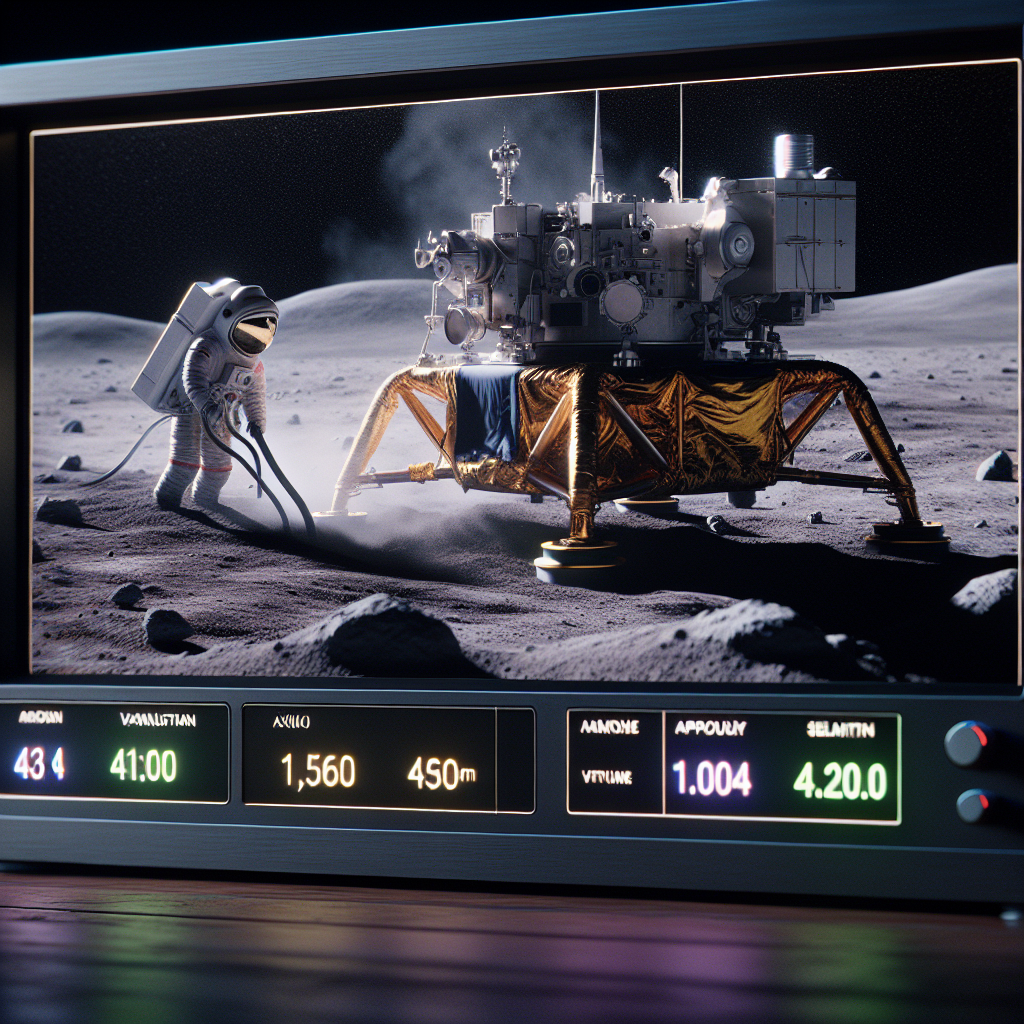NASA Launches Testing Campaign for Remote-Controlled Cargo Flights
-
Table of Contents
NASA Launches Testing Campaign for Remote-Controlled Cargo Flights
As part of its ongoing efforts to revolutionize space exploration and transportation, NASA has recently announced the launch of a comprehensive testing campaign for remote-controlled cargo flights. This groundbreaking initiative aims to enhance the efficiency and safety of cargo transportation to and from space, opening up new possibilities for scientific research, commercial ventures, and even potential colonization of other celestial bodies.
The Need for Remote-Controlled Cargo Flights
Traditionally, cargo transportation to space has relied on manned missions or automated spacecraft. While these methods have been successful, they come with certain limitations and risks. Manned missions are expensive and require extensive training for astronauts, while automated spacecraft can only be programmed to perform specific tasks and lack the flexibility of human decision-making.
By introducing remote-controlled cargo flights, NASA aims to overcome these limitations and achieve a more cost-effective and versatile approach to space transportation. This innovative concept allows cargo missions to be remotely operated from Earth, combining the precision of automation with the adaptability of human control.
The Testing Campaign
The testing campaign for remote-controlled cargo flights will involve a series of rigorous experiments and simulations to evaluate the feasibility and effectiveness of this new approach. NASA will collaborate with industry partners, academic institutions, and international space agencies to gather valuable insights and data.
One of the key aspects of the testing campaign is the development of advanced robotic systems that can be remotely controlled from Earth. These systems will be equipped with state-of-the-art sensors, cameras, and manipulators to ensure precise control and efficient cargo handling.
Additionally, NASA will conduct extensive simulations to assess the performance of remote-controlled cargo flights in various scenarios, such as emergency situations or complex docking maneuvers. These simulations will help identify potential challenges and develop strategies to overcome them.
Potential Applications and Benefits
The introduction of remote-controlled cargo flights has the potential to revolutionize space exploration and transportation in several ways:
- Scientific Research: Remote-controlled cargo flights can enable more frequent and cost-effective delivery of scientific instruments and experiments to space, facilitating breakthrough discoveries and advancements in various fields.
- Commercial Ventures: With the ability to remotely control cargo missions, private companies can explore new business opportunities in space, such as satellite deployment, space tourism, and resource extraction.
- Potential Colonization: Remote-controlled cargo flights can pave the way for future colonization of other celestial bodies by enabling the delivery of essential supplies and infrastructure.
Moreover, the use of remote-controlled cargo flights can significantly reduce the risks associated with manned missions, as astronauts would not be directly exposed to the hazards of space travel. This can lead to enhanced safety and cost savings in the long run.
Conclusion
NASA’s testing campaign for remote-controlled cargo flights marks a significant milestone in the evolution of space transportation. By combining the precision of automation with the adaptability of human control, this innovative approach has the potential to revolutionize space exploration, scientific research, commercial ventures, and even future colonization efforts.
Through rigorous testing and collaboration with industry partners, NASA aims to gather valuable insights and data to refine this new concept. The benefits of remote-controlled cargo flights are vast, ranging from cost savings and enhanced safety to breakthrough scientific discoveries and the exploration of new business opportunities in space.
As we look towards the future, the successful implementation of remote-controlled cargo flights can contribute to Predictive Planet’s goals of quality education, economic growth, spiritual harmony, climate action, and health & welfare by unlocking new frontiers of knowledge, fostering innovation, and expanding our understanding of the universe.





